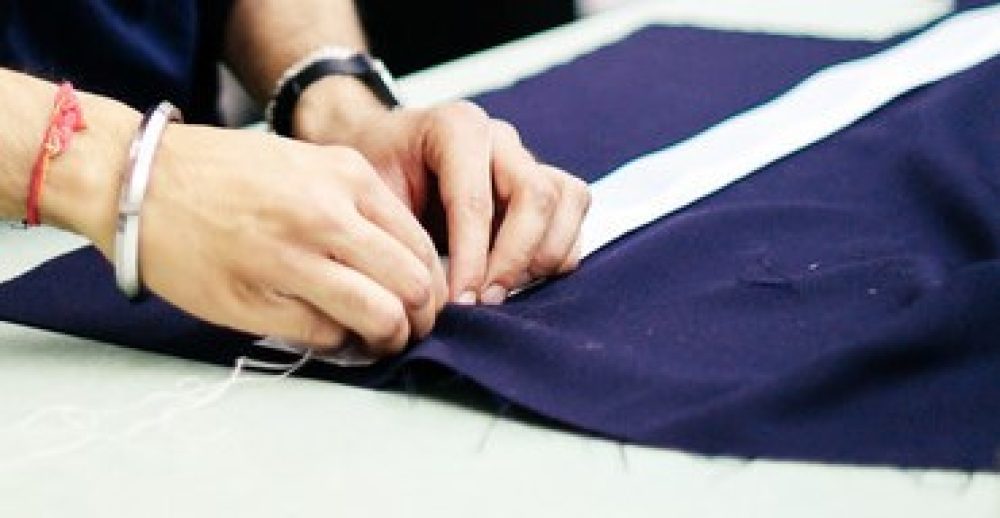Second tutorial. The tutorial space has been really useful for consolidating my thoughts into a cohesive narrative. Having to explain where I am on the ARP journey has obliged me to bring some order to the chaotic, messy trails of information that have collected in my head. I explained to my critical friends that along side my questionnaire, I have been making field notes and have observed myself ‘noticing’ my own teaching methods. There seem to be micro-AR cycles at play, where I am reflecting on where I can make improvements in my teaching, implementing small adjustments, evaluating whether these are effective and then incorporating them, or not, into the subsequent workshops I deliver.
This may be affecting the results of my data as each cohort of test subjects may be answering the questionnaire based on a non-identical situation.
As a self reflective practitioner you need to be aware of what drives your life and work, so you can be clear about what you are doing and why you are doing it. You might need to spend time clarifying for yourself the kinds of values and commitments you hold.
(McNiff, 2002)
The intention of my research project was to examine ways of facilitating learning through inclusive practices. I believe every student should have the opportunity to achieve their fullest potential. So following an ethics of care, I felt that I could not deliver less than what I believe to be the most effective teaching to students taking part in my research, even if it might affect the neutrality of the data I am collecting. Voicing these concerns in the tutorial have challenged me to re-examine the scope of my ARP, to reflect and perhaps re-position my research, and to look at expanding on my initial ideas of how I would analyse the data I have collected.
Other comments I found useful were the encouragement to look at environmental, social and personal factors which could also be affecting the learning outcomes.
Ideally, I would continue surveying additional participants using the control workshop to see whether later results correlate positive learning outcomes with the improvement in my teaching rather then because of the supporting visual material. However, because of time constraints, I will not be able to do this. It is something I would consider for a future AR cycle.
References
McNiff, J. (2002) Action Research for Professional Development. Jean McNiff.
